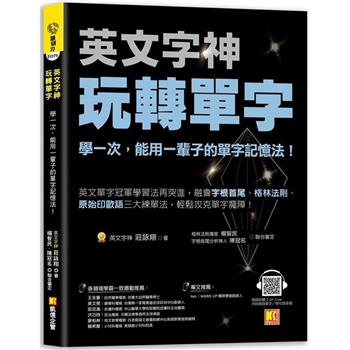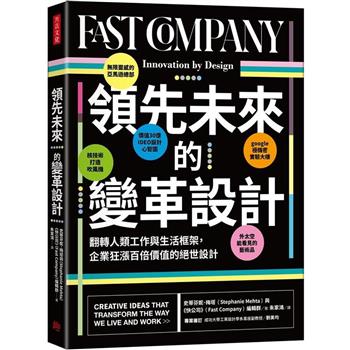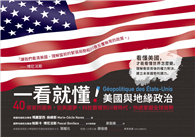名人推薦:
“Although the Heavenly Masters’ claim to represent an unbroken tradition almost as old as the papacy is open to question, the Zhangs of Longhushan certainly are heirs to a family legacy comparable to that of the best noble lineages of Europe, and they have exercised a distinctive religious office for more than a millennium. Fragments of their remarkable story have been told before, but now Vincent Goossaert has pieced together the entire narrative, adding another extraordinary first to his many achievements. He has already done much to illuminate change in the history of Chinese religion; in this volume he spectacularly demonstrates its simultaneous capacity for continuity.”
—T. H. Barrett, SOAS, University of London
“This book is atour de force, providing the first synthesis in any Western language of the rise of the institution of the Heavenly Master, its many interactions with the Chinese state, its role in the performance of ordination and the distribution of registers, and its economic basis. It makes use of a wide range of primary sources, including manuscripts, gazetteers, notebooks, and archival material. It also carefully includes the best and most recent secondary research in Chinese, Japanese, and Western languages. By reasserting the primacy of the Heavenly Master tradition, this path-breaking work will set a new standard for the study of Daoism in Late Imperial China.”
—Terry Kleeman, University of Colorado, Boulder












